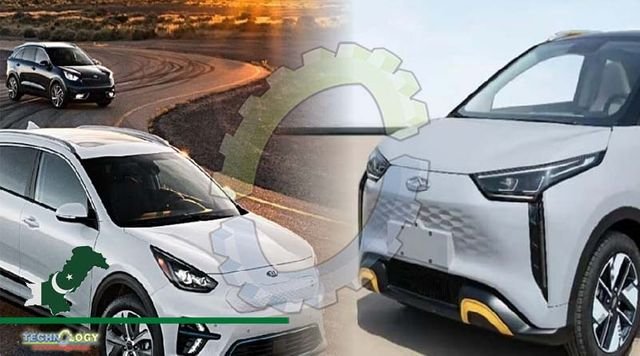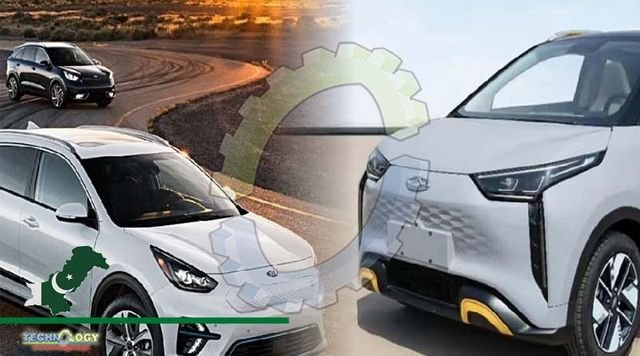Auto Industry Media Workshop Launching recently the role of hybrid electric vehicles (HEVs) in transforming the automobile landscape in Pakistan. Organized by Toyota Indus Motor Company (IMC), the workshop also underlined localization levels achieved by the local auto industry and the impact of successive auto policies on the industry.

CEO Toyota IMC Ali Asghar Jamali, industry experts, and several auto part makers briefed the media about the effectiveness of successive auto policies, factors affecting prices in the auto sector, and the company’s vision of manufacturing HEVs locally.
Experts stated that sustaining the publicly announced incentives during policy periods is the only solution to enhance the automotive sector. Pakistan should develop a national industrial policy for 20 years so that serious investors can come to Pakistan, they added. They believe that such a policy will eventually attract Foreign Direct Investment (FDI) in steel, resin, light engineering, and other sectors, which will further strengthen the value chain.
“The automotive industry is one of the fastest-growing industries in Pakistan. It accounts for over 2-3 percent of Pakistan’s GDP. Pakistan is the 35th largest producer of automobiles,” Jamali said. He Launching new vehicles that IMC is increasing production capacity to meet increasing customer demands. He requested suppliers to enhance their capacities to meet future demands as the company aims to produce over 90,000 vehicles in 2022 with 100 percent efficiency and overtime. “We are putting extra effort and time currently to produce vehicles more than our current capacity,” he added.He also mentioned that Toyota IMC supports the government’s initiatives and measures to sustain development. “Toyota has already invested $100 million to produce HEVs in Pakistan and plans to bring electric vehicles (EVs) in the long term when the country is ready for this technology,” he said.
The introduction of hybrid technology will add a new dimension to localization in Pakistan. It would also preserve foreign exchange and reduce petroleum import bills by decreasing fuel consumption. Jamali highlighted launching vehicles that HEVs are a midterm solution before EVs as Pakistan doesn’t have the infrastructure for EVs.“Pakistan imports $9.7 billion worth of crude oil for refineries to produce Petrol and Diesel and the largest category of import is Petroleum commodities,” said Jamali, adding that the import bill can be reduced by 50 percent if the country has 100 percent HEVs.
On the other hand, he added, that EVs depend on electricity and Pakistan is producing 62 percent of electricity based on fossil fuels with up to 30 percent line losses. “The EVs will increase local LNG, coal, and crude oil imports while investment for improving distribution and creating a charging infrastructure would also be required,” Jamali highlighted.
Speaking on the price hike on vehicles in Pakistan, the CEO reasoned that the whole world has witnessed unprecedented inflationary pressures in the last couple of years and Pakistan is no exception. The pandemic has resulted in disruption of the global supply chain which was worsened further by the Russia-Ukraine conflict, he added.“ The auto industry is the mother of all industries that can play a pivotal role in economic progression, provided that the government ensures predictable and transparent policies,” Jamali concluded.
Source: This news is originally published by propakistani
